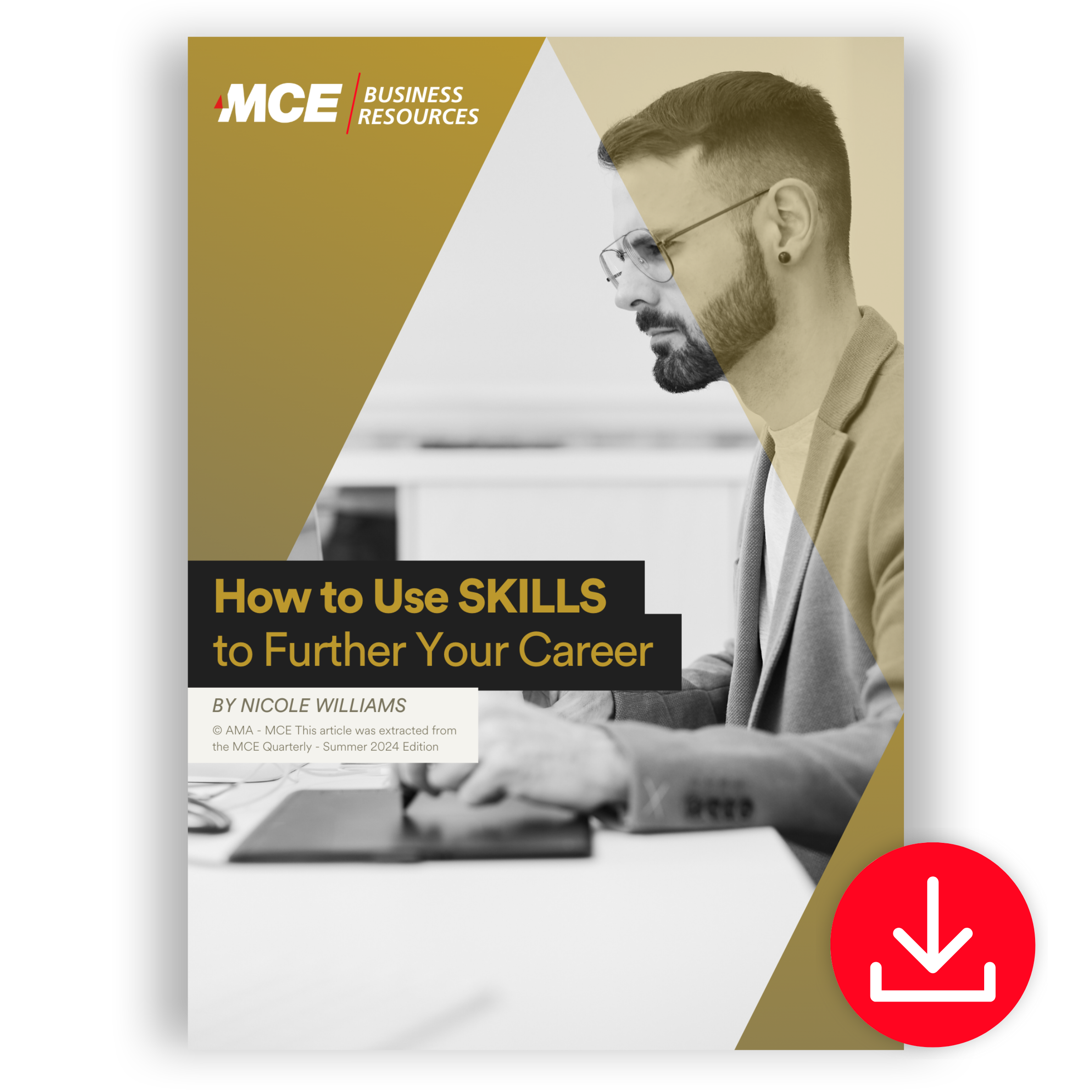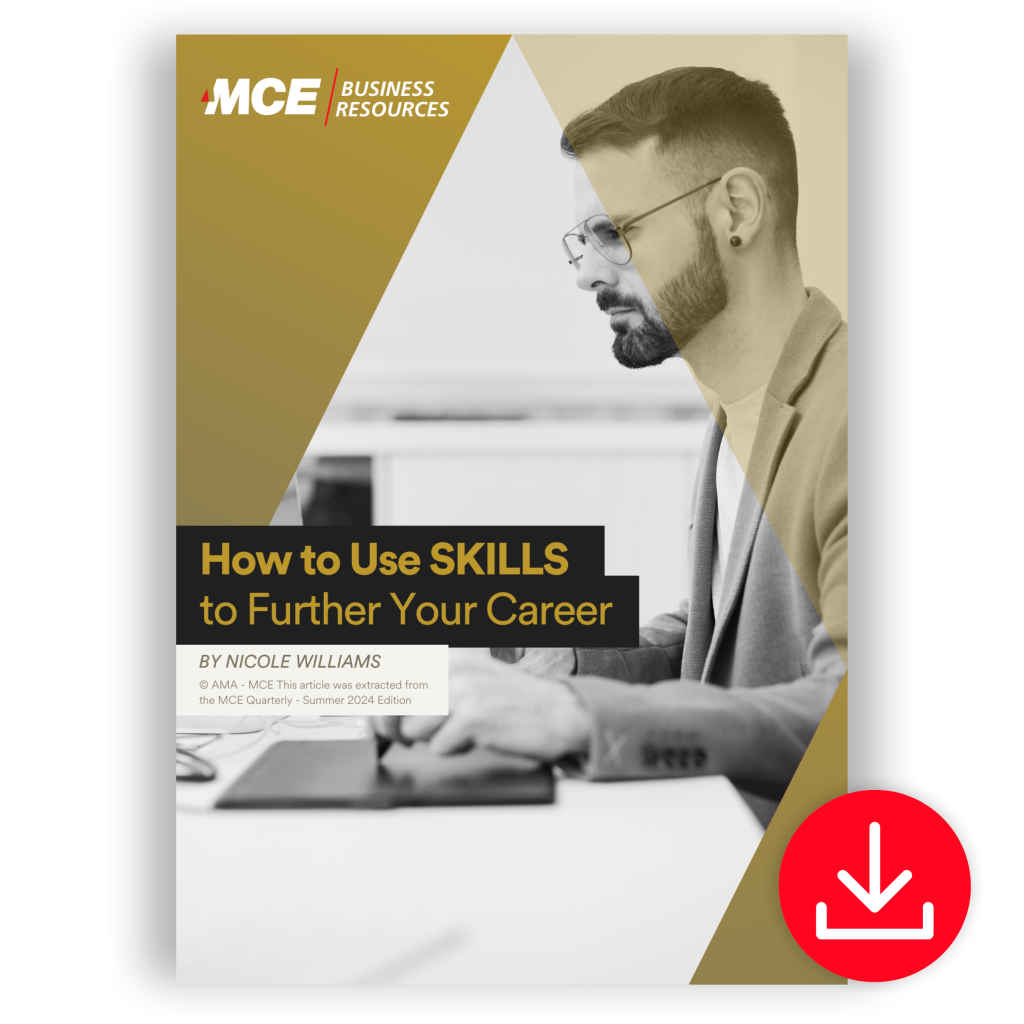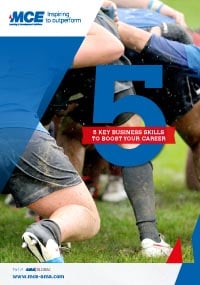
Skills promise to be a great leveler, removing biases from hiring, learning, performance, and remuneration decisions.
By breaking work down into its most fundamental parts—the tasks that need to be done and the skills required to achieve them—employers hope to improve workplace equity, diversity, productivity, and retention.
According to Deloitte’s January 2023 article (“Navigating the End of Jobs”) on this skills-first approach, 41% of organizations have increased financial performance, 33% have increased retention, 26% have an enhanced ability to anticipate future disruptions, 26% have more agile workforces, and 26% are more innovative. As employees, understanding this shift is vital since the skills-first approach is gaining momentum, with 93% of leaders stating that moving away from the job construct will be important to their organization’s future success. If you get ahead of this transformation now, you will be well prepared when all employers use skills as the main way work is allocated and career opportunities are offered.
HOW TO GET STARTED
Informing employers, whether present or future ones, about your skills can be relatively easy. Most of us will use a resume to introduce ourselves and our capabilities. Putting skills front and center within your CV is a simple, immediate way to future-proof it for the skills-first transformation. Highlight skills that are relevant to the role you want (and if you don’t know what these skills are, look to job descriptions or ask peers, managers, and mentors for advice).
It’s a good idea to put this “skills” section near the top of your resume, listing specific skills (such as Python, technical writing, or public speaking) and, if relevant, some indication of your level of expertise (such as completing a boot camp or building a website). Ideally, you don’t want this to be a long list of skills with little relevance or context. Focus on applicable skills for each role that you’re applying for and an example of how a skill was applied or the level that you’re at. For example, if you are applying at a Paris-based company, you can put “French (conversational level)” among your relevant skills.
Be prepared to expand on your list of skills during an interview with examples of when you have used them and the results achieved. Focus on a clear ROI (return on investment) that will give an interviewer a good idea of what you could potentially achieve in a role. If you’re going for a promotion or lateral career move, the same approach applies. Tell them about how you have applied a skill, such as team management or emotional intelligence, and the results that you achieved through it.






